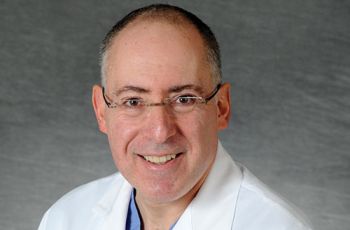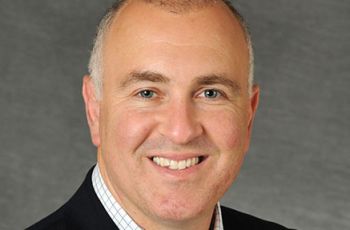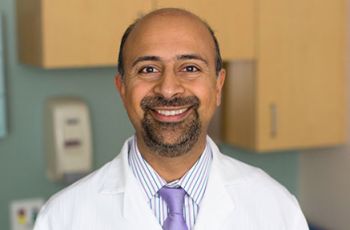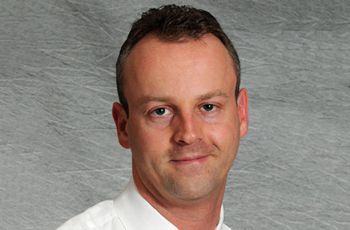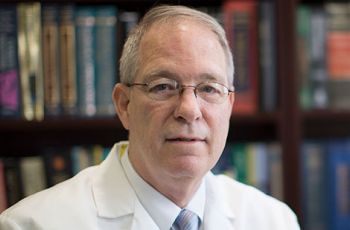Medicine
Jonathan Reiner, M.D., professor of medicine at the George Washington University School of Medicine and Health Sciences, will author a memoir with Dick Cheney, former vice president of the United States, about Cheney's 35-year battle with heart disease.
Scott Shapiro, M.D., Ph.D., assistant professor of medicine, was interviewed by Epoch Times on the dangers or risks of energy drinks, especially for children.
Vinayak Jha, assistant professor of medicine, talked to News Channel 8 about the progress made against smoking on Great American Smokeout Day.
George Washington University School of Medicine and Health Sciences cardiac arrhythmia expert, Dr. Scott Shapiro, is available to comment on the dangers and health risks of energy drinks, which have led to subsequent FDA investigations on companies such as 5-Hour Energy and Monster.
The George Washington University Heart and Vascular Institute and The Wireless Foundation, in partnership with the D.C. Fire and Emergency Medical Services, announced their innovative public health initiative, which will improve cardiac care in the nation’s capital.
This medical innovation, based on collaborative research by Drs. Marco Mercader, M.D., a cardiologist; Matthew Kay, D.Sc., a biomedical engineer; and Narine Sarvazyan, Ph.D., a physiologist, at the GW School of Medicine and Health Sciences (SMHS) and the GW School of Engineering and Applied Science…
The George Washington University School of Medicine and Health Sciences (SMHS) and the Children’s National Medical Center are pleased to announce that David L. Wessel, MD, has received the prestigious Meritorious Achievement Award from the American Heart Association (AHA) Council on Cardiovascular…
Michael Irwig, M.D., assistant professor of medicine, spoke to The People's Pharmacy on NPR about his research on Finasteride, a popular drug for male pattern hair loss. His research finds that the drug may cause long-lasting sexual dysfunction, even after stopping use.
Gary Simon, M.D., professor of medicine, was interviewed by Reuters on US Centers for Disease Control (CDC) recommendations to do spinal taps on patients who have received contaminated steroid injections less than 42 days ago, even if they show no symptoms of meningitis.
David Parenti, M.D., professor of medicine and director of the Traveler's Clinic, worked with The Washington Post to create an overview of the most common viruses and bacteria travelers experience and suggestions on how to avoid them.
